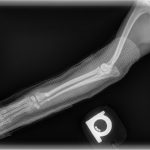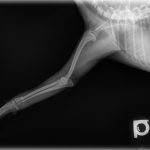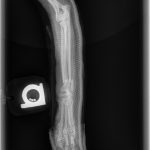Hello,
I do not use, or advise the use of these products if the patient has a history of seizures. Try something else. There are lots of good products on the market.
Ask your vet for another option if you are also worried about the black box warning.




















Hello,
I think that you need to get in contact with your vet asap. Otherwise the ER is your next best option.